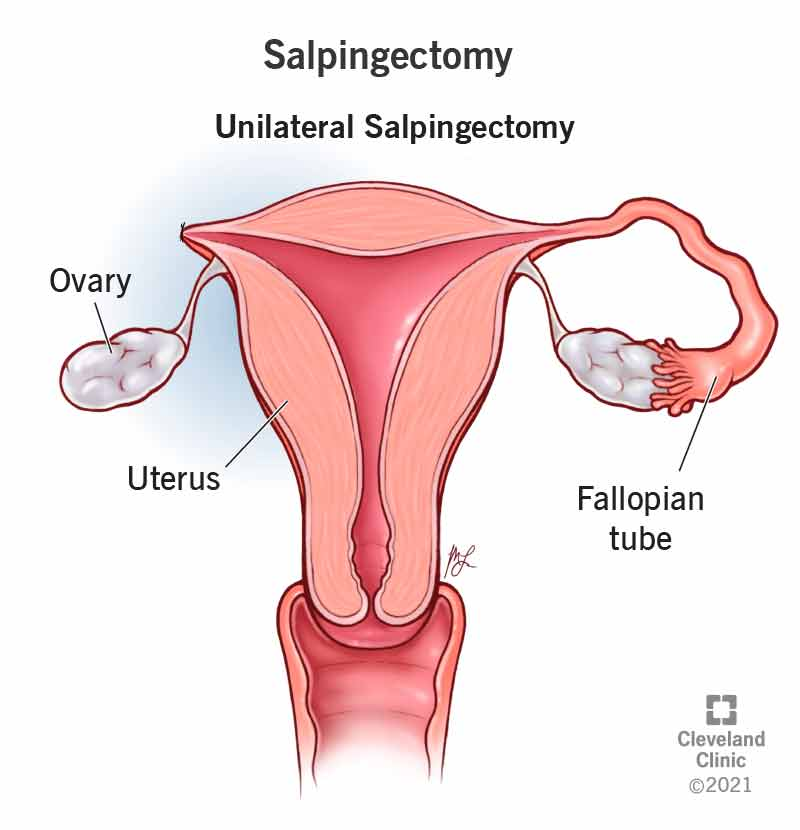A nurse is providing teaching to a client about the manifestations of uterine prolapse. Which of the following statements by the client should indicate to the nurse a need for further teaching?
"The symptoms can get worse with penile penetration during intercourse."
"A sensation of pressure in the pelvis can occur."
"Low back pain can occur frequently."
"Feces can be present in the vagina."
The Correct Answer is D
Choice A reason:
The statement that symptoms can worsen with penile penetration during intercourse is partially correct. While sexual activity may exacerbate feelings of bulging or discomfort associated with uterine prolapse, it does not typically worsen the prolapse itself⁹. Painful intercourse, known as dyspareunia, is a common symptom of pelvic organ prolapse, which includes uterine prolapse.
Choice B reason:
Feeling a sensation of pressure in the pelvis is a classic symptom of uterine prolapse. As the uterus descends into the vaginal canal, it can create a sensation of fullness or pressure that is often noticeable and uncomfortable for the patient.
Choice C reason:
Low back pain is indeed a symptom that can be associated with uterine prolapse. The weakening of pelvic floor muscles and ligaments that leads to prolapse can also contribute to discomfort in the lower back.
Choice D reason:
The presence of feces in the vagina would not be a direct symptom of uterine prolapse. However, a related condition called rectocele, where the rectum bulges into the vagina, could cause such a symptom. This condition is different from uterine prolapse and would require separate management.
Nursing Test Bank
Naxlex Comprehensive Predictor Exams
Related Questions
Correct Answer is ["B","C","D"]
Explanation
Choice A reason:
The statement "The client is Black" does not contribute to the risk of chlamydia based on race alone. Chlamydia infection rates are influenced by a variety of factors, including access to healthcare and socioeconomic status, rather than race itself.
Choice B reason:
Having multiple sexual partners significantly increases the risk of contracting sexually transmitted infections (STIs) like chlamydia because it raises the likelihood of exposure to an infected partner.
Choice C reason:
While being male is not a risk factor in itself, men who have sex with men (MSM) are at a higher risk for STIs like chlamydia due to biological and behavioral factors that facilitate transmission.
Choice D reason:
Engaging in sexual activities with men is a known risk factor for chlamydia among MSM due to the higher prevalence of this STI within this group.
Choice E reason:
The age of 37 does not specifically contribute to the risk of chlamydia. However, chlamydia is more commonly diagnosed in younger individuals, typically those under 25 years old, due to higher rates of new and multiple sexual partnerships.
Correct Answer is D
Explanation
Choice A reason:
Cosmetic surgery is performed to improve the appearance of a body part. It is elective and usually not medically necessary. In the case of fallopian tube removal due to endometriosis, the surgery is not performed for aesthetic reasons but to relieve pain and treat a medical condition.
Choice B reason:
Diagnostic surgery is carried out to diagnose a condition. While endometriosis can be diagnosed through surgery, the removal of the fallopian tube in this scenario is not for diagnostic purposes but rather for treatment.
Choice C reason:
Constructive surgery is done to restore function or normal appearance by reconstructing defective organs or body parts. The removal of the fallopian tube for endometriosis does not fit this category as it does not aim to reconstruct but rather to remove a part causing pain.
Choice D reason:
Ablative surgery involves the removal of an organ or abnormal growth. It is often used to treat conditions that cause pain or to prevent further complications. The removal of the fallopian tube due to severe endometriosis falls under this category as it aims to alleviate symptoms and prevent further issues related to the condition.

Whether you are a student looking to ace your exams or a practicing nurse seeking to enhance your expertise , our nursing education contents will empower you with the confidence and competence to make a difference in the lives of patients and become a respected leader in the healthcare field.
Visit Naxlex, invest in your future and unlock endless possibilities with our unparalleled nursing education contents today
Report Wrong Answer on the Current Question
Do you disagree with the answer? If yes, what is your expected answer? Explain.
Kindly be descriptive with the issue you are facing.
